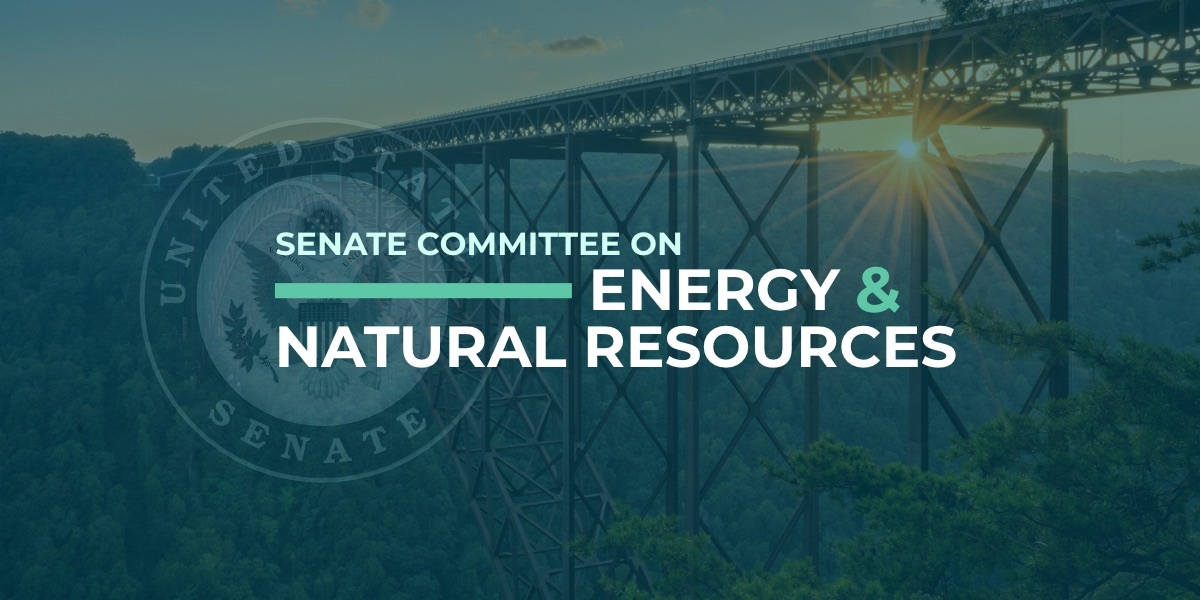Jennifer Granholm is the U.S. Secretary of Energy. She told the U.S. Senate Energy and Natural Resources Committee (SENRC) that the U.S. Department of Energy (DoE) is drafting a plan for a “broad uranium strategy” to ensure a steady supply of uranium to meet national requirements. The strategy work is being led by Katheryn Huff who was appointed as Assistant Secretary for Nuclear Energy. Her appointment has been confirmed by the Senate.
Granholm testified at the SENRC May 5th meeting on the U.S. Administrations budget request for the DoE for fiscal 2023. Joe Manchin in the chairman of the SENRC. During the hearing, Manchin highlighted the need for the U.S. to strengthen its energy and national security by eliminating the reliance on resources from “hostile” nations. He asked how the budget request would help reach that goal.
Manchin said that “The ongoing crisis in Ukraine is severe.” He added that Russian President Vladimir Putin had used energy as a weapon to leverage power over European democracies, “and intends to do the same globally, using Russia's abundant energy resources.”
In order to counter this, the U.S. has already taken steps such as banning the import of Russian oil, petroleum products, LNG, and coal, while also authorizing additional LNG export capacity. He added, “These are critical moves to stop funding Putin's brutal war on the Ukrainian people - but there is more we can and must do."
During her testimony, Granholm spoke of the “enormous consequences” of Russia’s invasion of Ukraine on the future of energy. She said, “Stated bluntly, the situation in Ukraine and the impact on gas prices has highlighted the national security importance of our energy investments.” The fiscal year 2023 request includes new and expanded investments to increase energy security and deploy domestically produced clean energy.
Senator John Barrasso is the most senior Republican on the SENRC. He asked Granholm if U.S. President Biden would ban imports of Russian uranium. Granholm replied that “I'll let the president make that statement, but I can say that this is a point on which I think we have a lot of agreement. We should not be sending any money to Russia for any American energy or for any other reason.”
The DoE has established a team led by Huff to develop a full uranium strategy through an interagency process. Granholm said, “We want to make sure, for example, that we are able to supply HALEU (high-assay low-enriched uranium) as well as low-enriched uranium to our civilian nuclear fleet. If we move away from Russia, we want to make sure we have the ability to continue to keep the [nuclear generating] fleet afloat.”
Granholm said that “Dr Huff has been a trailblazer for her entire career in nuclear engineering, and she brings endless enthusiasm and curiosity to her work. She is an invaluable leader in our work to tackle the climate crisis, increase our energy security and independence, and provide affordable, reliable energy for all Americans.”
More information about the uranium strategy is likely to be announced in the next month or so, said Granholm. It will also cover establishing a full U.S. supply chain for high-assay low-enriched uranium (HALEU). Granholm also confirmed to the SENRC that the DoE would purchase uranium to add to the U.S. strategic uranium reserve during the current calendar year. Congress allocated seventy-five million dollars for the reserve in 2020.
The U.S. currently imports most of the uranium used in commercial nuclear power reactors. According to records from the U.S. Energy Information Administration, forty seven percent of the uranium purchased in 2020 by owners and operators of the U.S. nuclear power fleet came from Kazakhstan, Russia and Uzbekistan. Uranium from Canada and Australia together made up thirty four percent.
